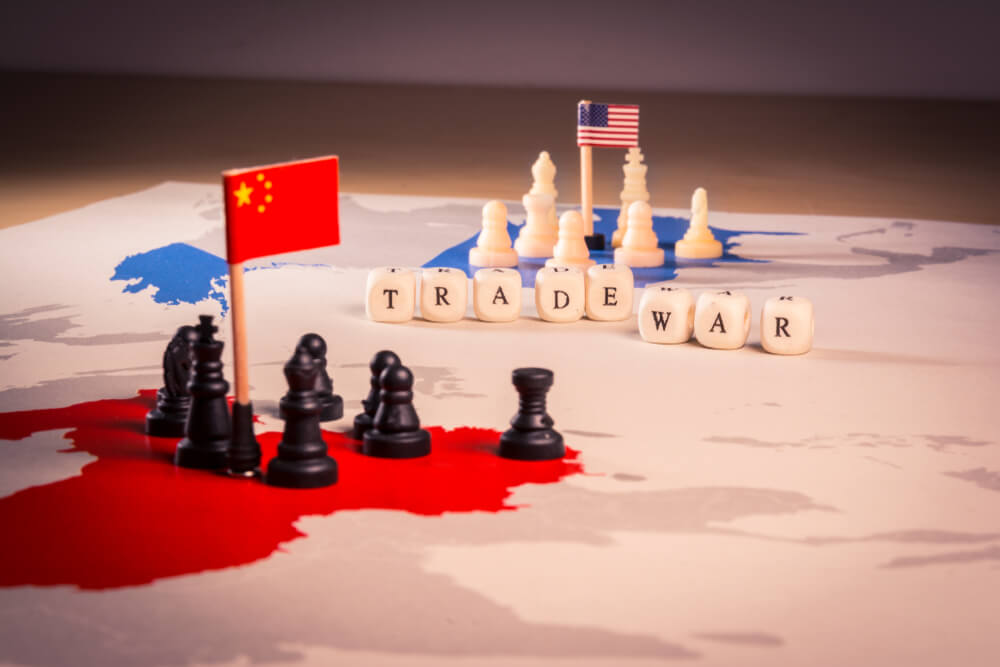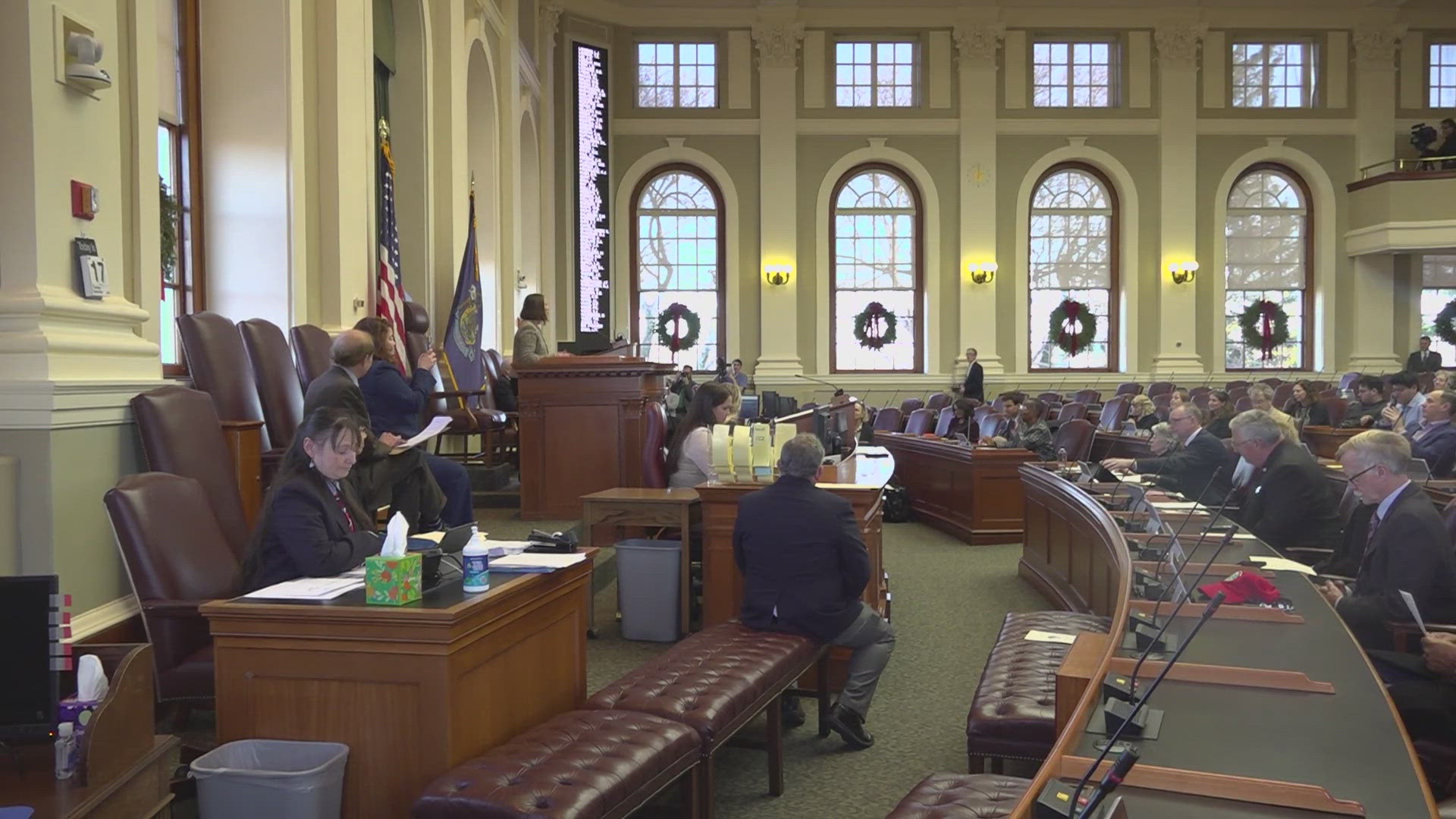India-US Tensions: Justice Vs. De-escalation – Analyzing Rubio's Call

Table of Contents
Senator Rubio's Call for Action: A Deep Dive into its Implications
Understanding Rubio's Stance: Senator Rubio's call, [insert link to news source detailing Rubio's statement], advocates for [summarize Rubio's specific call to action, e.g., stronger sanctions, diplomatic pressure, etc.]. His statements emphasized [quote relevant excerpts from Rubio's statement].
- Key Arguments: Rubio's arguments centered on [summarize key points, e.g., concerns over human rights violations, strategic implications of inaction, etc.].
- Motivations: His call likely stems from a combination of factors, including [analyze potential motivations, e.g., domestic political pressures, aligning with a specific party line, strategic foreign policy goals to counter China's influence, etc.].
- Criticisms: Critics argue that [summarize counter-arguments, e.g., such actions could damage the vital strategic partnership, hinder economic cooperation, or escalate tensions unnecessarily].
The Justice Argument: Proponents of a stronger US response highlight the importance of holding accountable those responsible for [mention specific incidents that have fueled tensions, providing verifiable sources].
- Legal and Ethical Implications: This approach raises complex questions about international law, jurisdiction, and the potential for unintended consequences. It involves considering whether the US has a legitimate role in addressing actions within India’s sovereign borders.
- Consequences for India-US Relations: Prioritizing justice, without careful consideration, risks severely damaging the already strained relationship, potentially impacting trade deals, military cooperation, and shared strategic objectives.
- Interpretations of Justice: The very definition of "justice" in this context is contested, with differing perspectives on what constitutes appropriate accountability.
The De-escalation Argument: Conversely, prioritizing de-escalation emphasizes the critical importance of maintaining a stable and productive relationship with India.
- Strategic Importance: The India-US partnership is a cornerstone of regional stability and a key counterweight to China's growing influence. Severely damaging this relationship would have far-reaching geopolitical consequences.
- Negative Consequences of Escalation: Escalating tensions carries significant risks, including potential economic repercussions (e.g., trade disputes, investment uncertainty) and security implications (e.g., jeopardizing joint military exercises, intelligence sharing).
- Alternative Diplomatic Solutions: Alternative strategies include enhanced diplomatic engagement, focused dialogue, and exploring mutually acceptable compromises through multilateral channels.
Balancing Justice and De-escalation: Finding a Path Forward for India-US Relations
Navigating the Dilemma: The challenge lies in finding a path that addresses concerns about justice while simultaneously safeguarding the crucial India-US strategic partnership.
- Potential Compromises: This requires careful diplomacy and a willingness to explore compromises that acknowledge both sides' perspectives. This could involve targeted actions rather than broad sanctions.
- Role of Diplomacy and International Law: International law and diplomatic engagement should play a central role in mediating the situation, promoting dialogue, and facilitating a peaceful resolution.
- Long-Term Consequences: The chosen approach will have profound long-term consequences, shaping the future trajectory of India-US relations for years to come.
The Role of International Actors: The involvement of other countries and international organizations is crucial.
- Mediating Roles: Neutral parties could play a crucial mediating role in fostering dialogue and finding common ground.
- External Pressures: External pressures from various nations and blocs might influence both India and the US, potentially impacting their responses.
- International Cooperation: International cooperation is vital in addressing the broader issues at stake, promoting peaceful resolutions, and strengthening global norms around human rights and international law.
Charting a Course Through India-US Tensions
This analysis highlights the immense complexity of navigating India-US tensions. Balancing the need for justice with the imperative to maintain a stable relationship requires nuanced diplomacy and a deep understanding of the strategic implications involved. Senator Rubio's call, while reflecting legitimate concerns, underscores the need for cautious consideration of the potential consequences of any action taken. Understanding the intricacies of India-US tensions requires careful assessment of all perspectives and a commitment to finding solutions that preserve the vital partnership while upholding fundamental values. We urge readers to further research this crucial issue, engage in informed discussions, and contact their representatives to express their views on how best to manage the evolving India-US tensions.

Featured Posts
-
 Daisy May Cooper Shows Off Huge Engagement Ring At The Cinema
May 03, 2025
Daisy May Cooper Shows Off Huge Engagement Ring At The Cinema
May 03, 2025 -
 Reforms Future Arguments For Lowe Replacing Farage
May 03, 2025
Reforms Future Arguments For Lowe Replacing Farage
May 03, 2025 -
 Examining Maines Inaugural Post Election Audit
May 03, 2025
Examining Maines Inaugural Post Election Audit
May 03, 2025 -
 Google Search Faces Existential Threat Sundar Pichais Doj Antitrust Concerns
May 03, 2025
Google Search Faces Existential Threat Sundar Pichais Doj Antitrust Concerns
May 03, 2025 -
 Graeme Souness On Arsenal And The Champions League A New Powerhouse
May 03, 2025
Graeme Souness On Arsenal And The Champions League A New Powerhouse
May 03, 2025
